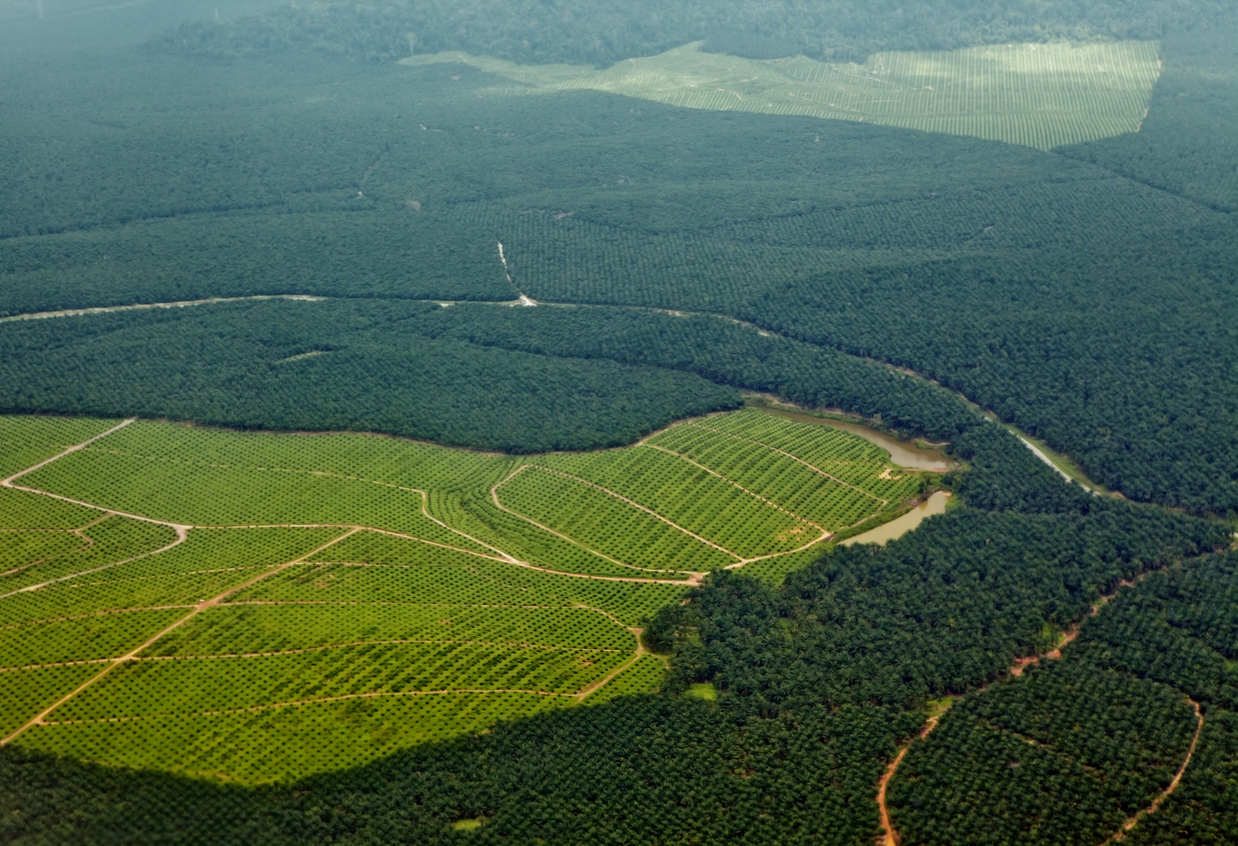Which certifications should your company use?
Trustworthy certifications can be effective signals to consumers


Why some certifications can be worth it
As a savvy, smart sustainability professional you already know: Not all certifications are created equal and many can actually be used as a tool to greenwash, something companies need to avoid.
Certifications are also indicators of deeper, more meaningful action by companies on the issues that matter.
A certification should be a point of external validation that the company has a credible plan in place to address impacts and is making progress.
In other words, meeting the requirements of a certification is not the destination but the beginning of a journey.

The most important factor
The most important factor when it comes to choosing a certification should be trust, you want certifications that are going to inspire trust with consumers.
To ensure that your certifications build trust they need to be high quality.
If they aren’t, they could end up having the opposite effect for your company.
Lower-quality certifications can make new or potential customers question their ability to trust your ingredient safety and sustainability efforts.

How to identify a high-quality certification
We’ve spent years working with certifications from every angle.
For companies working to obtain them, with NGOs responsible for creating and running them, and with different types of government agencies responsible for assessing and utilizing them in their purchasing decisions.
In ur experience the certifications that tend to be higher-quality, more trustworthy are:
Independent
The degree to which the organization that administers the certification has real or perceived conflicts of interest with the brands or products it certifies
Transparent
Including public availability of the methodology, the level of due diligence included, their requirements, and the process used to grant certification
Credible
Their standards and requirements have their basis in science with a robust, regular, multi-stakeholder process for setting and updating them
Leading
It includes criteria that is designed to assess if the certification includes requirements that place it at the leading edge of peers while remaining technically feasible
Verifiable
The certification requires an appropriate level of due diligence, documentation, data, and confirmation

Our top advice on choosing the right certifications
- Avoid going with the latest “buzzy” certification (we see this all the time!), leverage experts internally/externally to carefully analyze which certifications make sense and will drive credibility with your core audience.
- Consider using a SWOT analysis (strengths, weaknesses, opportunities, threats) when evaluating certifications.
- If selling in the EU, pay close attention to compliance with emerging regulations related to sustainability claims including certifications.
- Ensure that you have completed sufficient due diligence and that documentation is in place to support verification of certification requirements to mitigate risk.
- Build upon the foundations established through meeting certification requirements to strengthen sustainability and safety efforts.
If you’d like to talk more about choosing the right certifications for your business, feel free to contact us at: info@heyhilde.com





